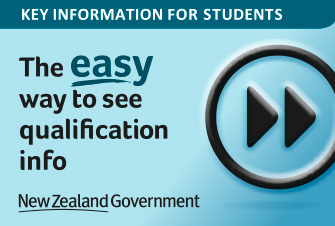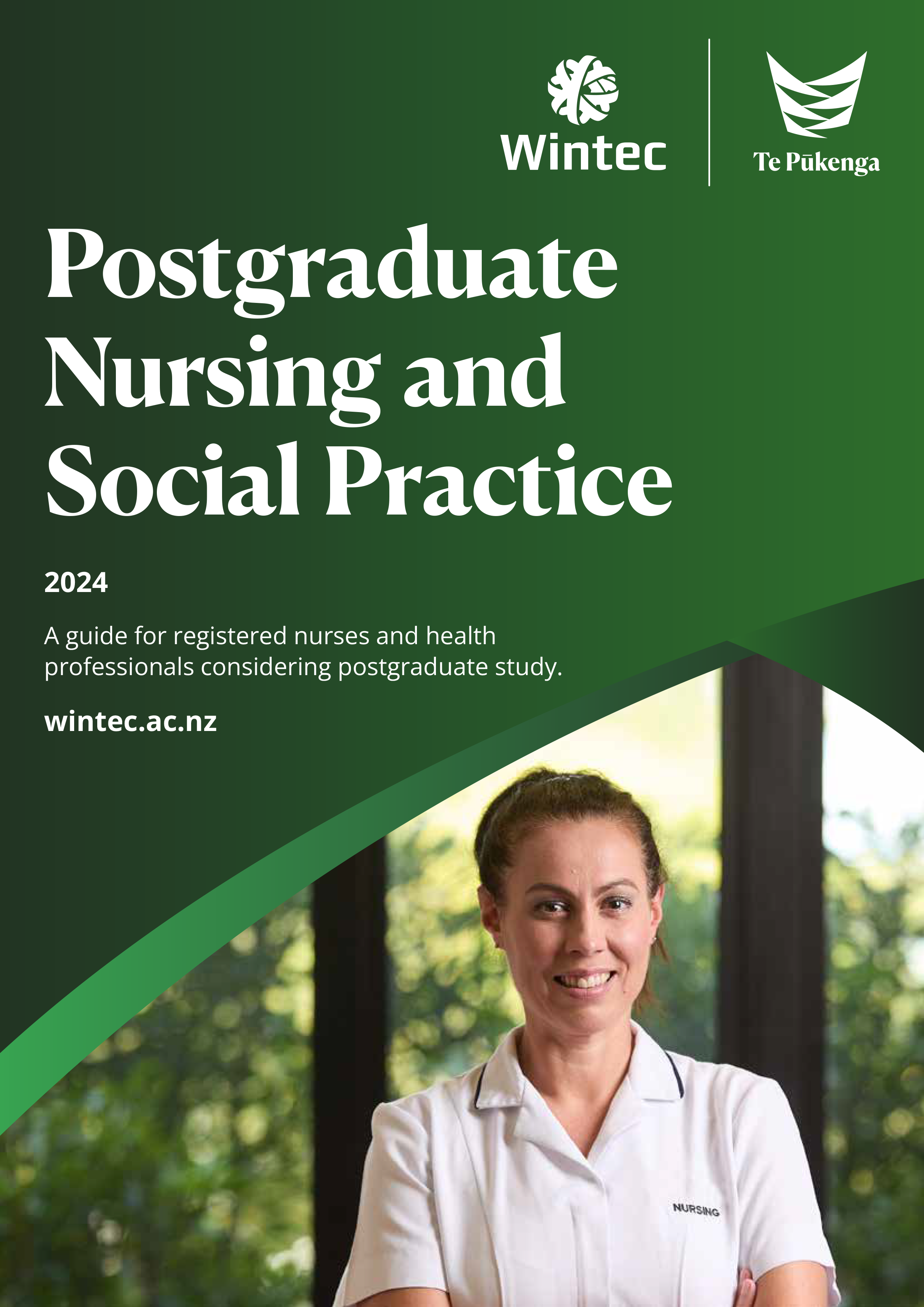Rā Whakamarama – Orientation
Join us for Semester 2 2024 Rā Whakamarama, Orientation – this is an exciting experience not to be missed! This student event is a great way to get out, meet new friends, and have fun while experiencing different parts of Wintec.





